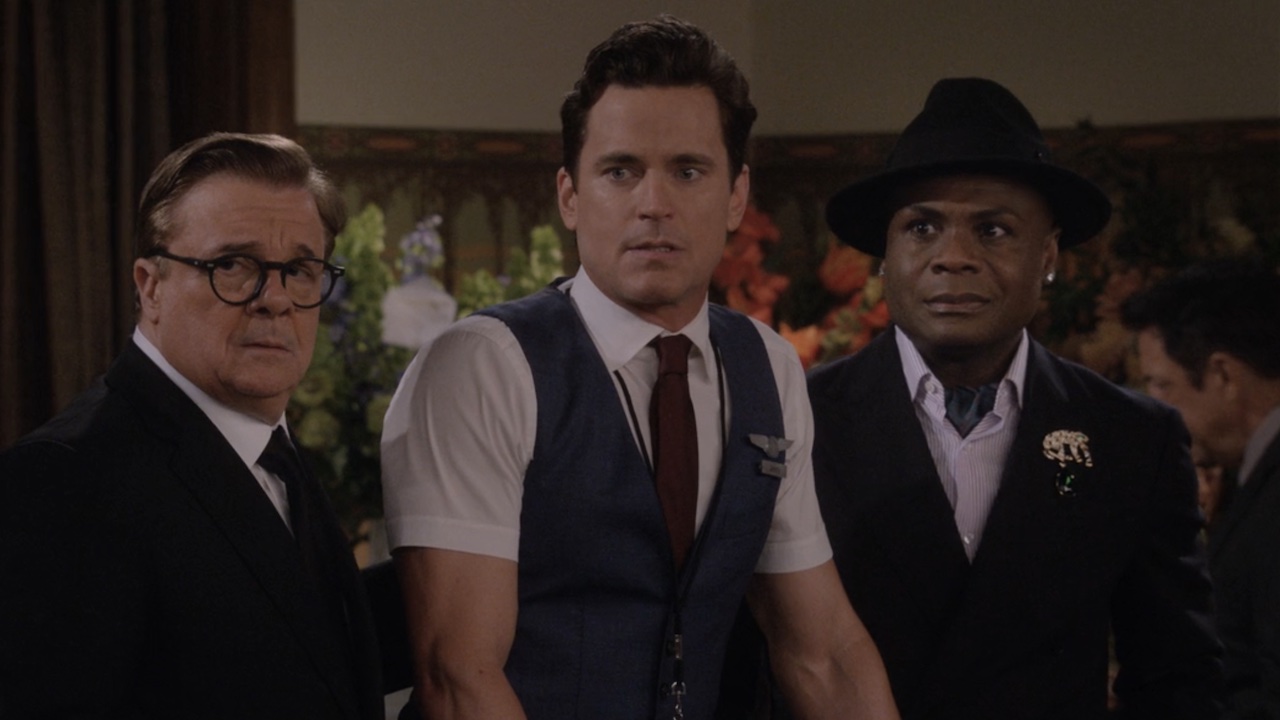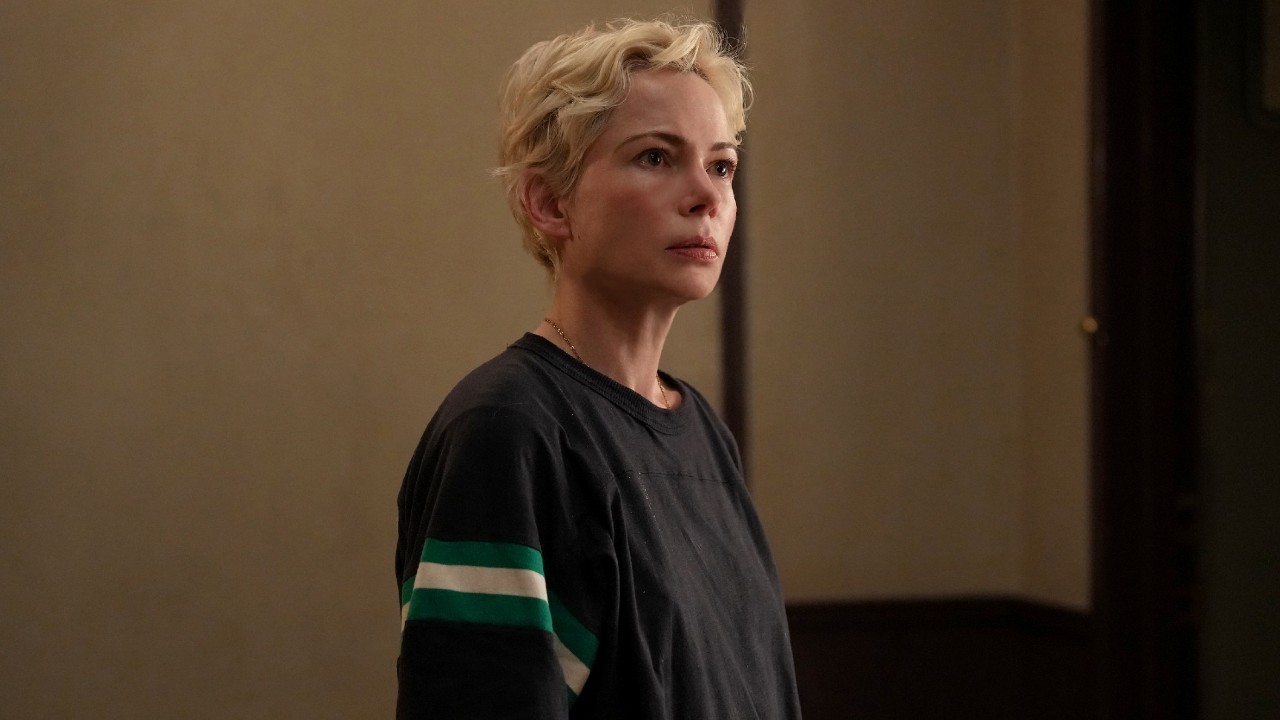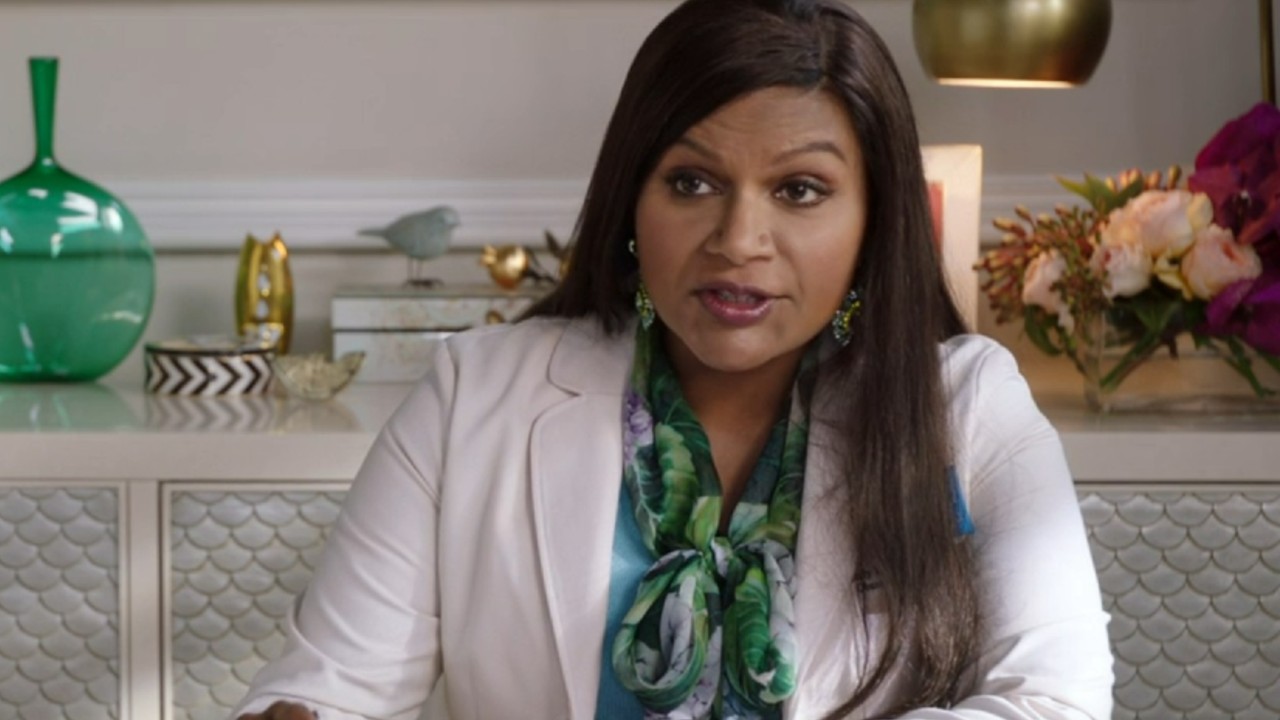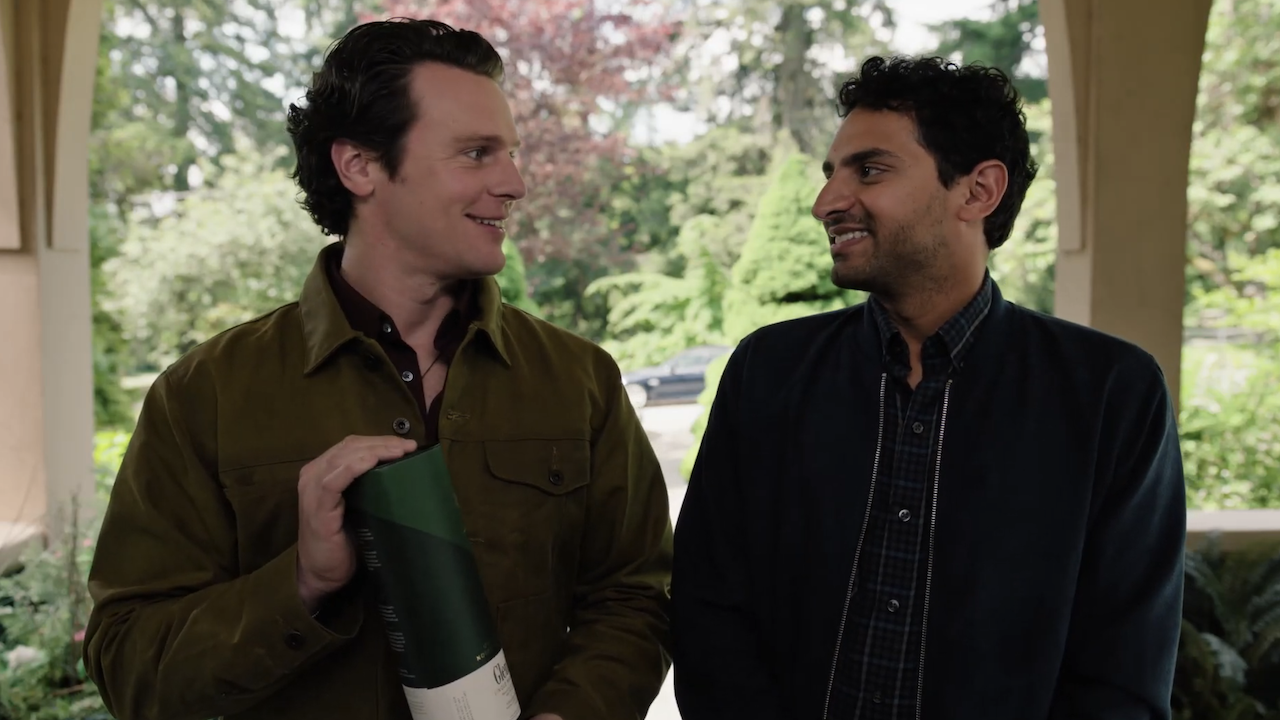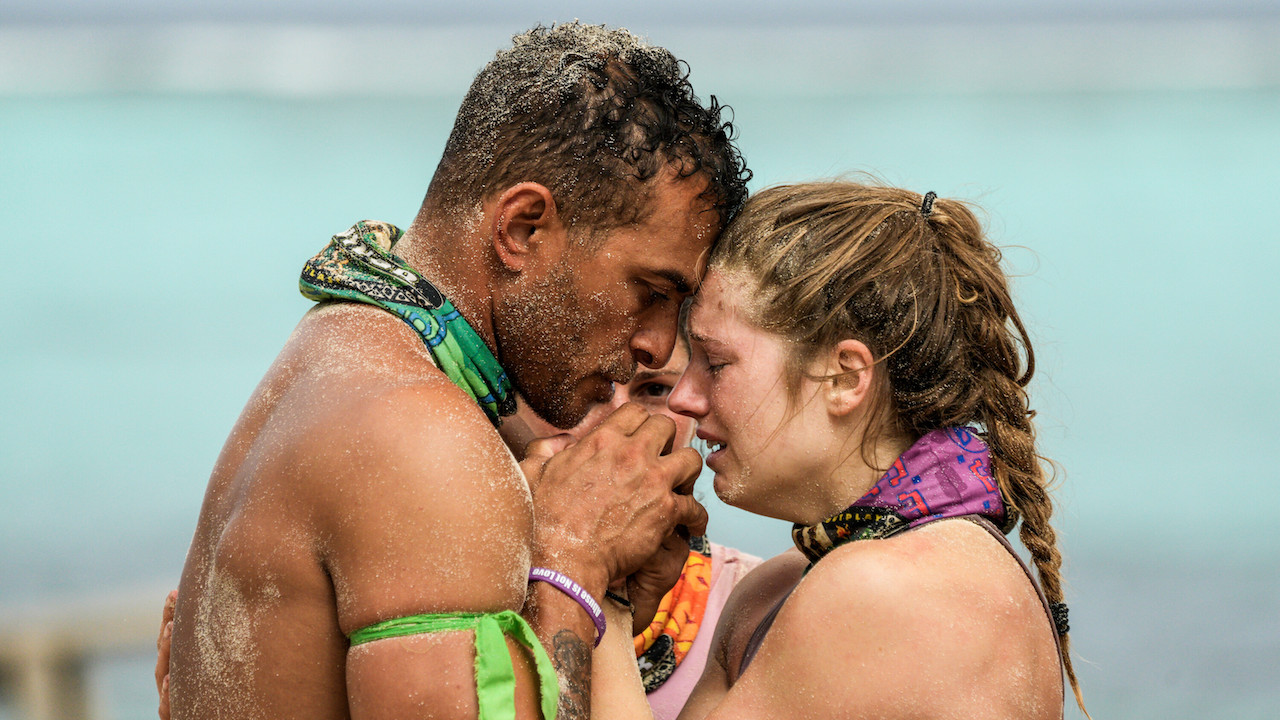Getting The Ick: Love Island UK Draws Thousands Of Complaints, But Is It Helping Us Spot Toxic Relationships?
The reality dating show is “helping to shift our cultural understanding of what abuse is."
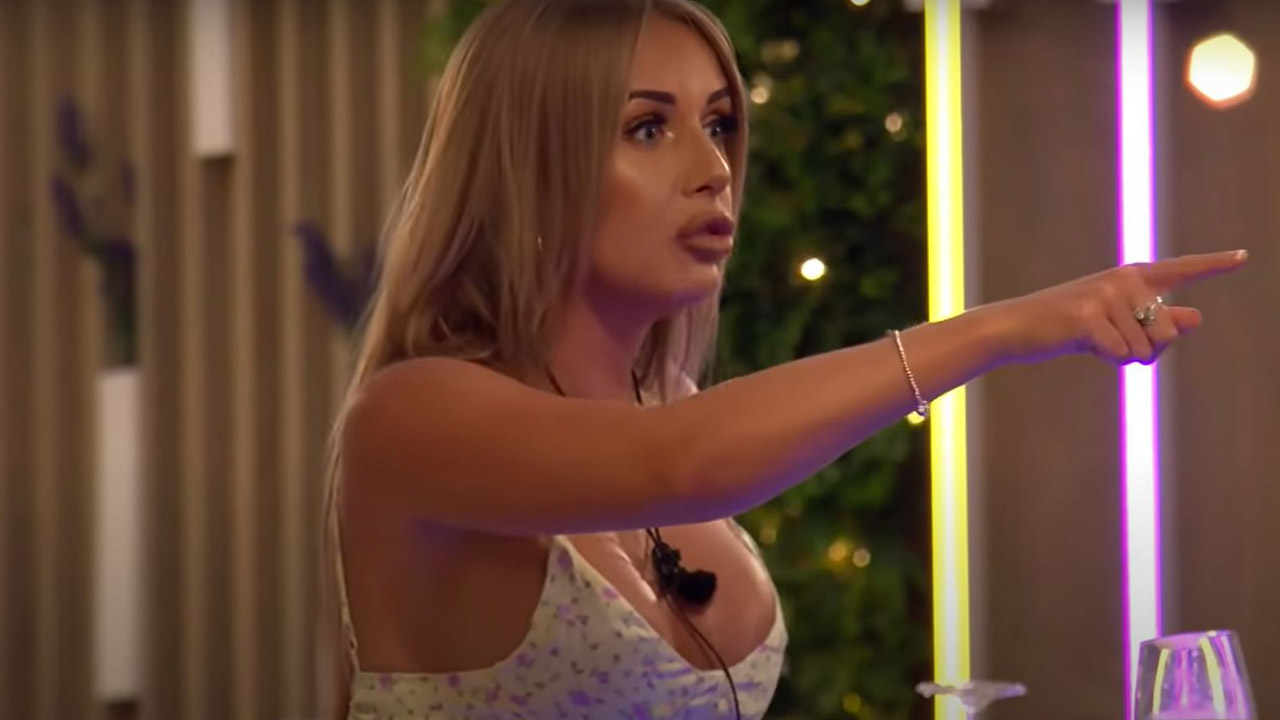
Ofcom – the UK government’s official broadcasting regulator FYI – received the second biggest number of complaints in a two-year period for Love Island UK between 2020 and 2022. Yet, despite its fast-depleting shelf life and problematic elements, Love Island might have taught us something valuable about toxic behaviors within romantic relationships along the way. Hear me out...
While UK-based domestic violence charity Women's Aid have called out the behavior showcased in Love Island over the years and condemned the show's lackluster safeguarding protocols, when I spoke to Teresa Parker, Head of Media at Women's Aid, she agreed:
Viewers of Love Island are becoming increasingly aware of coercive control. There is now a brilliant online movement [...] that [raises] huge amounts of awareness, and I think this happening in relation to a mainstream program like Love Island, that reaches so many young people, is helping to shift our cultural understanding of what abuse is, and that it doesn't have to be physical abuse to count as abuse in a relationship.
Love Island UK Season 10 is currently airing in the UK, though viewing figures for its launch show had dropped by a million compared to previous years. This could simply be a case of reality dating show fatigue, particularly of the primped and polished, young heterosexual variety. However, the data tells a different story of growing concern for the well-being of islanders.
The UK Public Gets The Ick In Their Thousands
There are plenty of glaring issues with the show, its lack of diversity across body type, race, and sexual orientation being one. Its biggest problem, though, seems to be the lack of protection for the mental well-being of contestants – and this draws the most complaints every year.
In 2020, complaints categorized around discrimination (gender, race, sexual orientation, etc.) only made up 9.39% of Season 6’s total of 1,629 complaints. Season 7 saw 4.44% of complaints surrounding discrimination, while in last summer’s season, 3.34% of complaints were categorized as such.
That’s in comparison to the majority of complaints, which fell under Ofcom’s issue category ‘Generally accepted standards’, which it defines as: “Material including [...] treatment of people who appear to be put at risk of significant harm as a result of their taking part in a program.” (Find the full definition)
2020’s series received 1,460 complaints, while 2021’s Season 7 saw a dizzying 34,315 complaints (of its 36,432 total). In 2022, 6,493 complaints fell under the ‘Generally accepted standards’ classification, making up 94.14% of its total complaints.
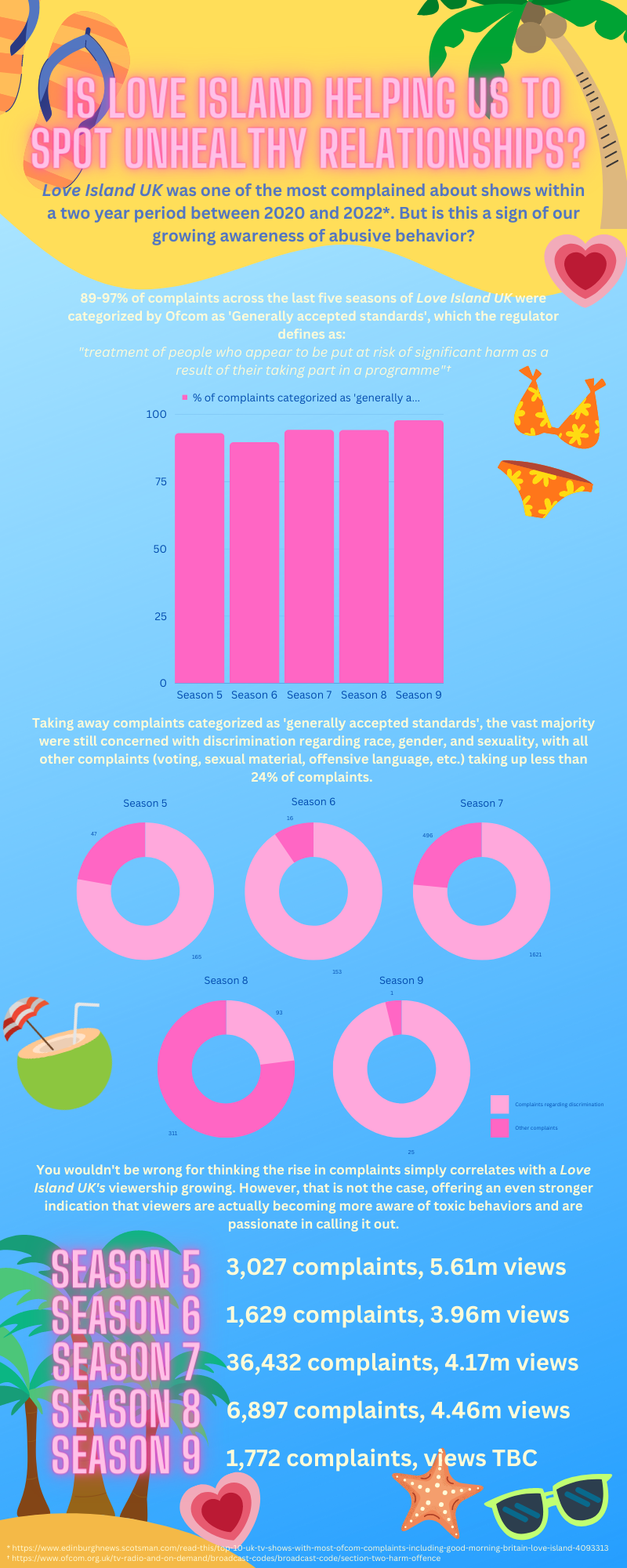
You wouldn't be wrong to assume that, rather than becoming more socially savvy, the peak in complaints coincides with higher viewership. However, Season 5, in which Amber Gill and Greg O’Shea won the series, saw Love Island UK’s largest viewership, averaging 5.61 million viewers. In terms of complaints though, it only received just over 3,000 across the season.
That’s in comparison to Love Island UK’s most complained about season, Season 7, which was only the third most viewed series so far at 4.17 million.
It turns out there isn’t a positive correlation between the amount of people tuning in and the number of complaints made. Instead, it seems to come down to the events of the season itself, its contestants, and the way in which producers orchestrate the day-to-day villa happenings.
What does this tell us? The biggest influx of complaints actually comes from viewers concerned about the well-being of contestants, with both bullying and misogynistic behavior from islanders and manipulation by the producers being major factors.
One of the most notorious examples of this is the postcard delivered to the main villa from Casa Amor, featuring provocative pictures taken out of context that were sure to turn heads.
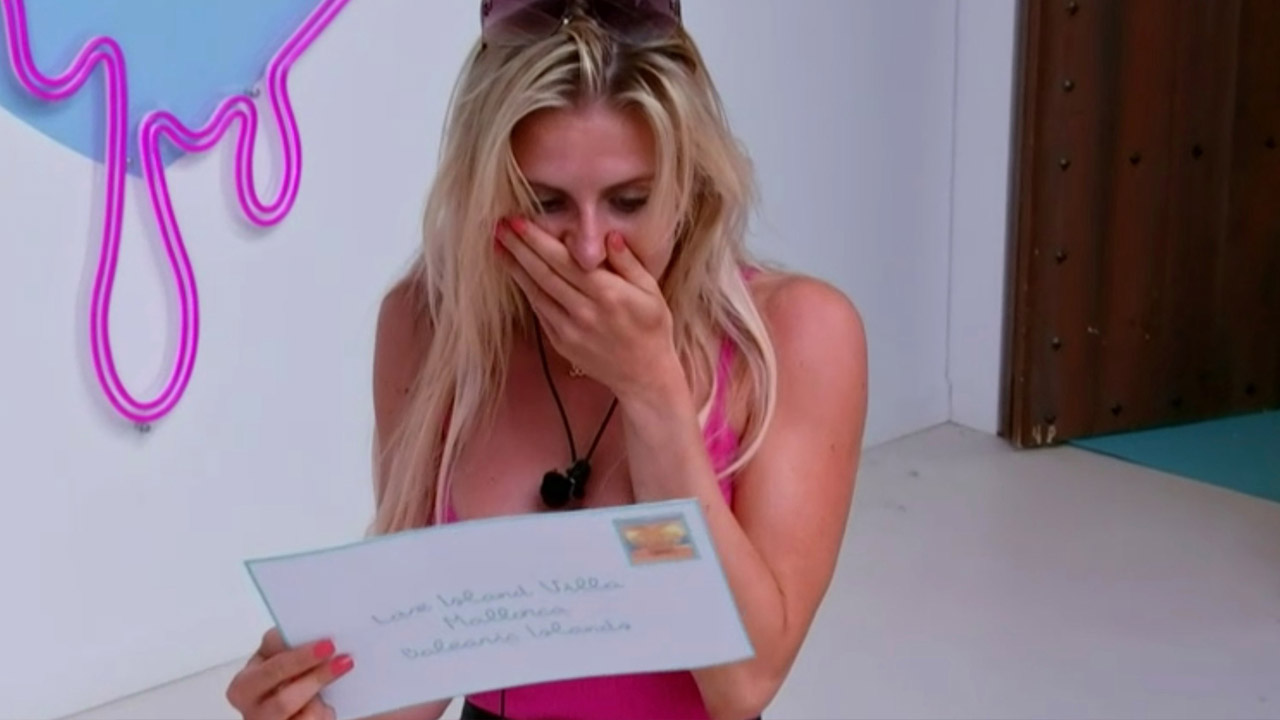
In Season 4, Dani Dyer’s response to seeing Jack Fincham kissing one of the Casa Amor bombshells during a challenge led to 2,506 complaints. Similarly, in Season 7, the same stunt was repeated, supposedly showing Teddy Soares cracking on with another girl in Casa Amor. This led to Faye Winter moving on to another man, drawing 4,338 complaints to Ofcom.
In both instances, the boys in question had in fact remained loyal, opting to sleep outside instead of sharing a bed with any of the new Casa girls.
It’s not just complaints directed at the puppeteer producers, though – toxic behavior showcased by islanders and the lack of safeguarding continues to cause a stir. While the tragic suicides of past contestants Sophie Gradon and Mike Thalassitis, as well as the show’s host Caroline Flack, lead to ITV restructuring its safeguarding procedures before, during, and after the show, there still appears to be desperate need for teaching islanders what constitutes abuse within a relationship, particularly through controlling, emotionally manipulative behavior.
The Love Island Moments That Had Viewers Moving Mad To Complain
In Season 4 in 2018, Love Island UK put the term ‘gaslighting’ back on the map after Ofcom received 44 complaints following a heated discussion between Adam Collard and Rosie Williams. An infuriating watch that still has me gritting my teeth now, Collard simply flashes a condescending smile while Rosie is close to tears rehashing the steamy night they shared together, only for Collard to be all eyes for the latest bombshell, Zara McDermott. A Grade A fuckboy.
@aoifefarrell121 ♬ original sound - Aoife 🫶
In Season 5, over 1,000 complaints were made following Joe Garratt’s controlling behavior over Lucie Donlan, telling her he found her friendship with some of the male islanders “strange”. He later said in the Beach Hut, "I need her to understand where I'm coming from and hopefully adapt to the situation." Yikes.
Of course, the most complained about event in Love Island UK across its near decade of broadcasting was the argument between Faye and Teddy following revelations from the series’ iconic “Movie Night”, with clips handpicked for maximum fallout.
The argument, which took place across a couple of episodes, garnered over 25,000 complaints, making up 69.21% of the total complaints received for Season 7. Faye’s behavior was branded unethical by viewers in their masses, with many pointing out if the shoe was on the other foot producers would not have allowed Teddy to shout at Faye like that.
@lovelslandy ♬ original sound - lovelslandy
While Love Island producers have been keen to push their refined safe-guarding protocols, problematic actions from islanders persist with little consequence. 2022's season saw a total of 6,897 complaints, the most pressing narrative revolving around misogynistic and controlling behavior.
Earning 200 complaints in its first week, this was down to the large age gap between Gemma Owen (19) and Davide Sanclimenti (27) who were coupled up.
"Movie Night" was also a big culprit again, earning 2,648 complaints. This was largely due to the response of the boys, shirking responsibility of their behavior that stank of society's festering 'lad culture'. During Casa Amor, Luca Bish eggs on Andrew Le Page with bombshell Coco, proclaiming "Tasha who?" while refraining from getting his own hands dirty and betraying Gemma Owen.
On the flipside, when he saw the clip of Gemma and Billy Brown, in which Gemma is seen shrugging off the Casa boy's arm and shooting down any romantic advances, Luca is left enraged, threatening to "explode".
The season also saw the boys appear to gang up on Tasha Ghouri in the episode featuring the "Snog, Marry, Pie" challenge racking up 1,509 complaints. Luca and Dami's remarks were the point of issue, with Tasha deeming theirs reasons for the pie "nasty" and a deeply "personal attack".
What Does The Data Tell Us On Paper?
The clear outrage that followed the airing of these scenes showcases an increasing intolerance by its UK audience, and, simultaneously, a growing ability to spot toxic behavior. While this is promising in many respects, it doesn’t make it okay for similar actions to be given a platform continuously every year in the name of 'entertainment'.
Women's Aid continued:
We should not be encouraging abusive behavior on screen [...] and the contestants’ wellbeing and safety must always be prioritized by program makers. It is encouraging that the producers of Love Island now share information about coercive and controlling behavior, but they also need to ensure that they do due diligence around their choice of contestants to make sure they are not selecting people who have previously been abusive to a partner, especially for a show based on the formation of relationships.
It’s not just the actions of islanders within the villa that need monitoring closely, but also a better screening process for potentially harmful contestants being cast.
On July 15, 2021 during Season 7, Ofcom received 1,153 complaints for the arrival of bombshell Danny Bibby whose old tweets had been found containing racist slurs.
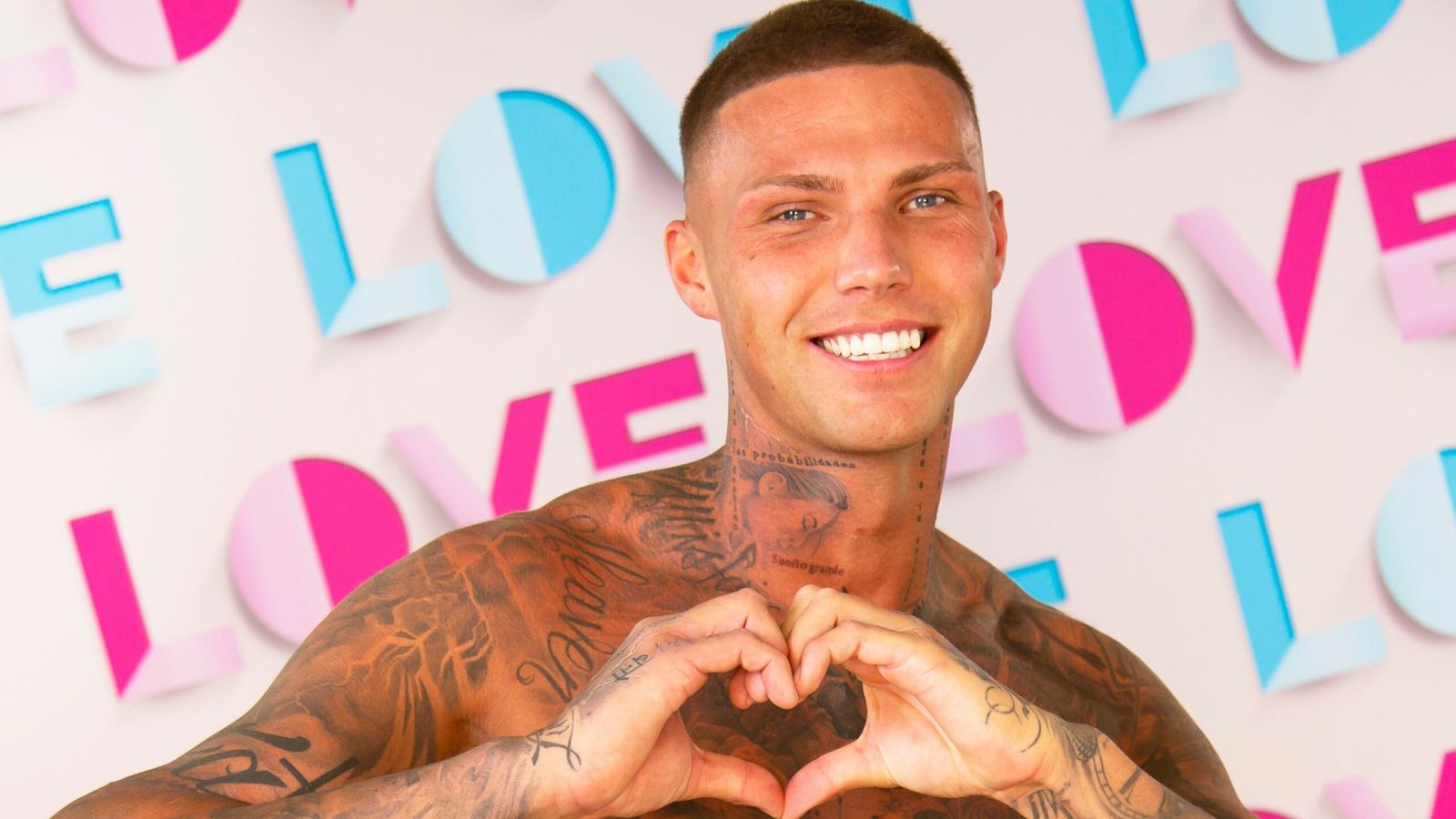
More specifically in regards to coercive behavior, the currently airing season of Love Island UK saw George Fensom in the line-up of islanders for Season 10.
Before he’d even entered the villa, two of his exes came forward and made claims against him of being emotionally abusive, accusing him of gaslighting and controlling behavior. Similarly to Danny, historic homophobic tweets were also unearthed. And yet, the star still entered the villa (though was the first to be dumped on Day 5).
Unsurprisingly, there are still a lot of glaring issues with Love Island, and as Women’s Aid told CinemaBlend, it is ITV and its producers that hold all the power in creating a safer and more ethical environment for its contestants.
Ultimately, we hope the increased awareness will help both the general public recognize the signs of abuse, and the program makers understand the dynamics of abusive behavior in relationships – and their responsibilities in a show based on relationships to both contestants and viewers alike.
So has Love Island UK made us more aware of toxic behavior and unhealthy relationships? I think so. While it's difficult to have a concrete answer based on Ofcom's vague definitions for its complaint categories, it's safe to assume that we watch the reality show far more critically and are quick to point out harmful behaviors. In turn, we are incredibly outspoken about it.
While this may translate to us being less susceptible to harmful behavior and able to spot it both on TV and hopefully in our own lives, Love Island UK shouldn't be utilized as a tool from which to learn.
As Women's Aid states, ultimately the most important factor is ensuring contestants are kept safe and not consistently exposed to blatant emotional manipulation and other mentally abusive behavior. While Love Island may have intended to be something of a social experiment in finding love, that doesn't make its contestants lab rats which we can place in harms way for entertainment. That really would be quite muggy.
CINEMABLEND NEWSLETTER
Your Daily Blend of Entertainment News
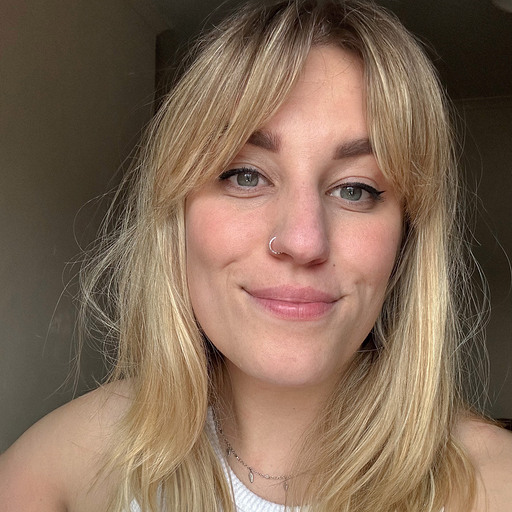
Alice is CinemaBlend's resident eCommerce Editor, here to tell you about the best streaming services like Disney Plus and Apple TV Plus, and how to watch the hottest TV shows and movies. Begrudging Love Island fan and always thrilled about the latest book to screen adaptation. With six years experience in the commercial writing space, Alice has been writing about consumer tech and software for 4 years, previously writing for Trusted Reviews before joining the Future family.
